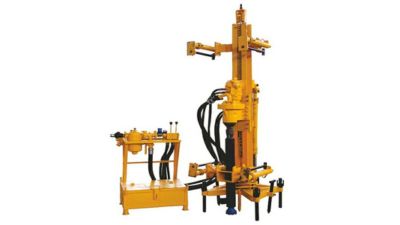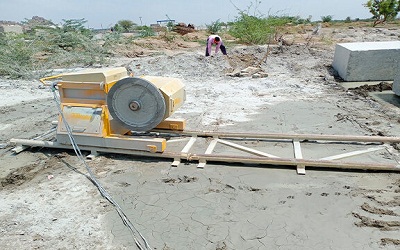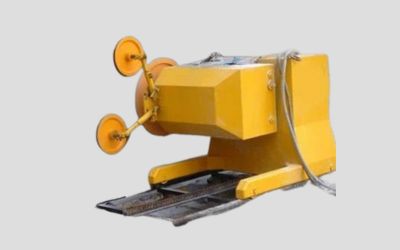- Call for Sales Enquiry
- +91-9024343208
- +91-9414233508

What is the power capacity of the 75 HP wire saw machine?
August 7, 2023
When should I consider outsourcing VMC machining service?
September 4, 2023In the ever-evolving landscape of modern manufacturing, Computer Numerical Control (CNC) milling has emerged as a game-changing technology, revolutionizing the way we create precision components and parts. As a reputable and trusted provider of CNC Milling Job Work Services, Kashdra Group understands the immense potential and benefits that CNC milling offers over conventional milling methods. In this blog post, we look into the advantages of CNC milling, highlighting how this cutting-edge technology has elevated the manufacturing industry to new heights.
Unmatched Precision and Accuracy
One of the primary advantages of CNC milling is its unparalleled precision and accuracy. CNC machines are controlled by computer programs, which means they follow exact instructions down to the micrometer. This level of precision is simply unattainable with conventional milling methods, where human intervention can introduce errors and inconsistencies. As a result, CNC milling ensures that each component or part is machined to meet the strictest tolerances, leading to higher-quality end products.
Enhanced Efficiency and Productivity
CNC milling boasts superior efficiency and productivity compared to conventional milling. Once the CNC machine is properly programmed, it can operate autonomously, minimizing downtime between tasks and maximizing the utilization of production hours. Furthermore, multiple machining operations can be performed in a single setup, reducing the need for manual intervention and streamlining the manufacturing process. As a result, CNC milling significantly accelerates production cycles, reducing lead times, and meeting tight project deadlines.
Greater Flexibility and Complex Designs
CNC milling opens up a world of possibilities when it comes to design flexibility. Complex 3D shapes, intricate patterns, and custom geometries can be effortlessly machined with CNC machines. This flexibility empowers designers and engineers to push the boundaries of innovation, creating components that were once considered impractical or unattainable. In contrast, conventional milling is limited in its ability to handle intricate designs, often requiring specialized tooling and setups for complex projects.
Consistency and Reproducibility
In manufacturing, consistency and reproducibility are crucial factors. CNC milling excels in providing consistent results across multiple production runs. Once a program is validated and optimized, every subsequent production will produce identical components with utmost precision. This level of consistency is challenging to achieve with conventional milling, where operator skill and manual adjustments can lead to subtle variations between batches. For industries requiring large-scale production or standardized components, it offers a clear advantage.
Reduction in Human Error
By automating the machining process, CNC milling reduces the reliance on manual labor, minimizing the risk of human error. Conventional milling heavily relies on operator skill and expertise, making it susceptible to mistakes caused by fatigue, distractions, or other factors. CNC machines eliminate these variables, providing a controlled and error-free environment. As a result, the scrap rate decreases, and the overall quality of the products improves significantly.
Improved Safety Standards
CNC milling machines are equipped with advanced safety features, protecting both operators and the workpiece. Enclosed workspaces and automatic tool changers reduce the risk of accidents and injuries. Additionally, operators are not required to be in close proximity to the cutting tool during machining, ensuring a safer work environment. This emphasis on safety is a significant advantage over conventional milling, where operator exposure to moving parts poses higher risks.
Conclusion
In conclusion, CNC milling stands as a cornerstone of modern manufacturing, providing numerous advantages over conventional milling methods. The unmatched precision, enhanced efficiency, design flexibility, and automation of this machine make it the preferred choice for achieving high-quality and intricate components. Kashdra Group embraces this cutting-edge technology to deliver excellence and innovation to clients across industries. By harnessing the full potential of CNC milling, manufacturers can elevate their capabilities, stay competitive, and meet the ever-increasing demands of the dynamic market.





